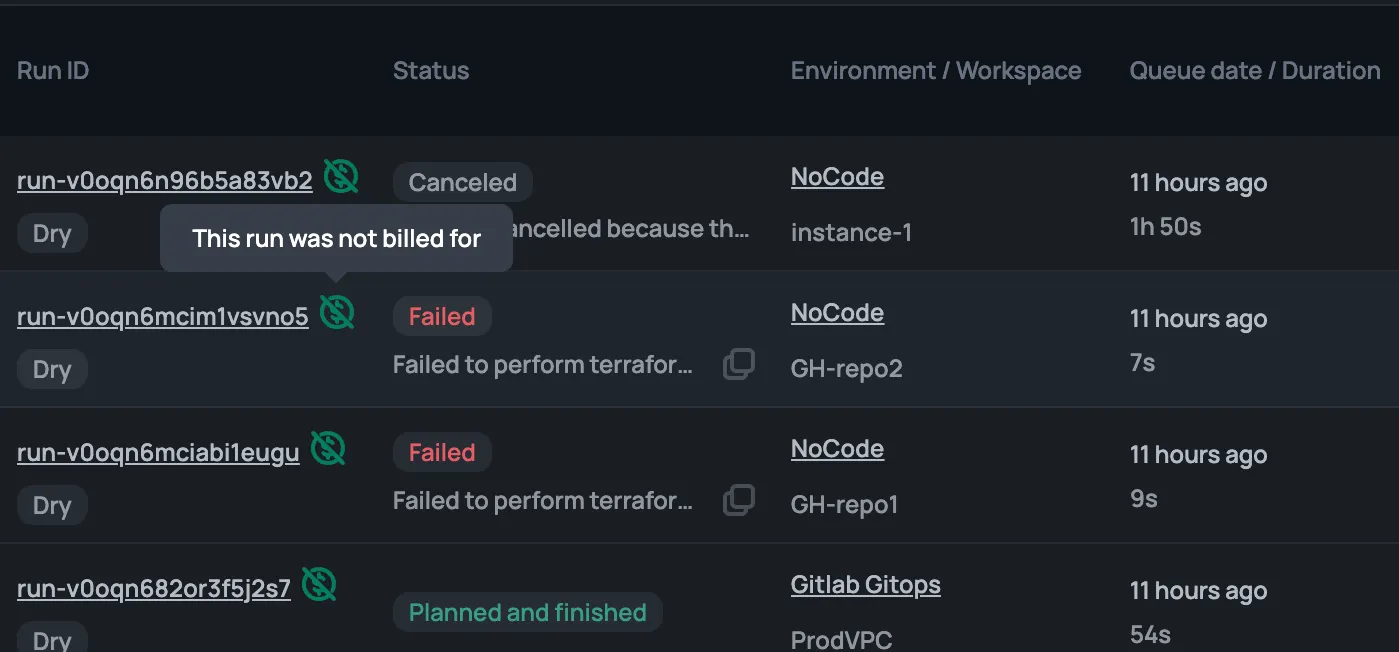Unlimited & Free Concurrency.

In Scalr, there are commonly known workflows, such as CLI-driven or VCS-driven (version control system), to execute a Terraform or OpenTofu run, but today we are focusing on one of the lesser known ways: API-driven. The key difference with an API-driven run, instead of VCS based, is that you are in complete control of when it happens as it is a push based model since you are making the API call. Let’s take a look at some examples of why you would use an API-driven run.
In certain scenarios, infrastructure provisioning needs to be triggered in real-time or based on specific events. An API-driven run can be initiated programmatically in response to these events, ensuring that the cloud infrastructure aligns with current needs. This is especially relevant in dynamic environments where manual intervention is not practical or feasible.
When tight integration with external systems is required, using the API directly might be preferable. This is common in cases where Terraform needs to interact with custom scripts, external APIs, or other tools that aren't directly connected to the VCS provider. An API-driven approach allows for flexibility and customization in handling these integrations. For example, if an alert goes off in New Relic, you might have a specific workspace and configuration update that needs to be made in response to that alert. We also have few customers integrate with Slack to kick off runs through Slack based on certain scenarios.
If your infrastructure management requires complex automation workflows or custom processes that go beyond the capabilities of a VCS-driven approach, an API-driven run offers more flexibility. You can orchestrate intricate sequences of actions, integrate with external systems, and handle specific use cases that may not be easily achieved through VCS alone. It is not uncommon to see the API approach with tools such as Github Actions, Harness, Bamboo, or Jenkins.
Let’s walk through an example of how the API-driven workflow works.
In this example, we are going to create a new workspace, upload the new configuration version (can be Terraform or OpenTofu), and then execute a new run.
To start, you’ll need to obtain values for the following objects in Scalr:
It’s important to note that in this case we created a new workspace, but the same script can be used on an existing workspace. There are also a lot more options in terms of workspace settings that can control if the runs are executed immediately or wait until someone makes a separate request. All documentation on the Scalr API can be found here.
In many cases, a combination of VCS and API-driven runs might be the most effective approach. VCS remains a powerful tool for versioning and managing infrastructure as code configurations, while API-driven runs provide the agility and flexibility needed for dynamic and real-time changes. The choice between these approaches should be based on the specific requirements of your infrastructure and workflows.




